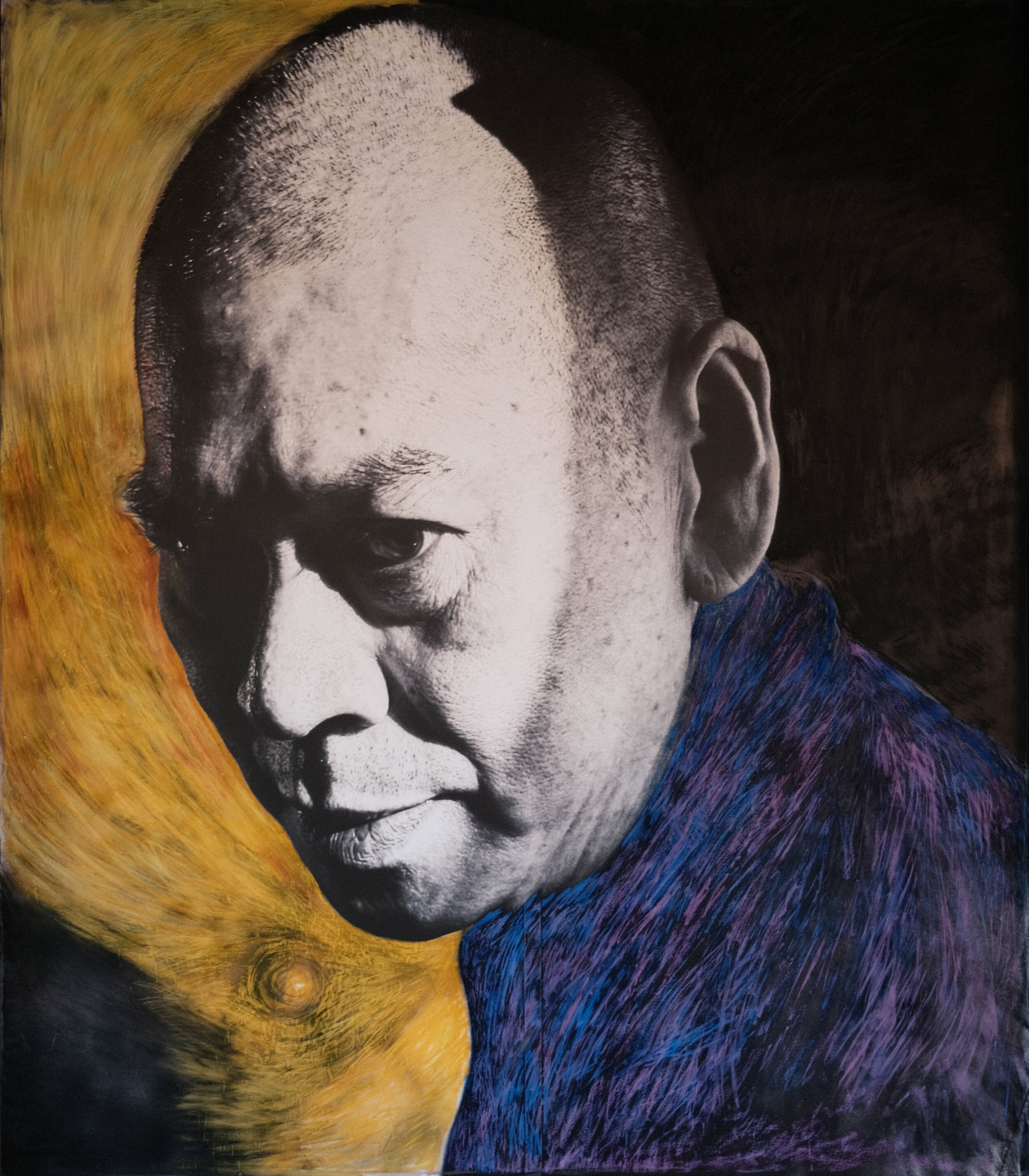
%2C+photo+by+Chang+Jhong+Yuan.jpg)
Tsai’s honours include a Golden Lion (best picture) for Vive L’Amour at the 51st Venice International Film Festival the Silver Bear “Special Jury Prize” for The River at the 47th Berlin International Film Festival the FIPRESCI award for The Hole at the 1998 Cannes Film Festival the Alfred Bauer Prize and Silver Bear for Outstanding Artistic Achievement for The Wayward Cloud at the 55th Berlin International Film Festival the Grand Jury Prize at the 70th Venice International Film Festival for Stray Dogs. It was in this new political climate that Tsai established himself with films dealing with queer themes, personal space, social taboos, and unspoken desires. In a sense, I can go anywhere I want and fit in, but I never feel that sense of belonging.” He found himself immersed in a Taiwan gradually opening up after a long period of martial law, which ended in 1987. “Even today,” said Tsai, “I feel I belong neither to Taiwan nor to Malaysia. This, he said, had “a huge impact on mind and psyche,” perhaps later mirrored in his films.


Tsai, a Malaysia-born Chinese, moved to Taiwan from Kuching, Sarawak, to study theater at the age of 20. Nothing encapsulates this evolving exploration like his Walker series (2012-18), a set of short films or, rather, recordings of live performances, depicting his muse/alter ego Lee Kang-Sheng as an ancient Buddhist monk moving through contemporary settings at an impossibly slow pace, pushing against currents in time and space. A maverick whose long takes have stretched the limits of filmic minimalism and stillness, Tsai has also reconsidered the very concept of cinema by borrowing elements from performance and Conceptual art. His focus on themes of solitude, alienation, and desire early in his career eventually expanded to explorations of the passage of time, memory, and spirituality later on Tsai aspires to observe life and, consequently, has put his inner self on display. 1957) has built a contemplative body of work that ruminates on fundamental experiences of existence. In the nearly three decades since his debut feature, Rebels of the Neon God (1992), Tsai Ming-Liang (b.


 0 kommentar(er)
0 kommentar(er)
